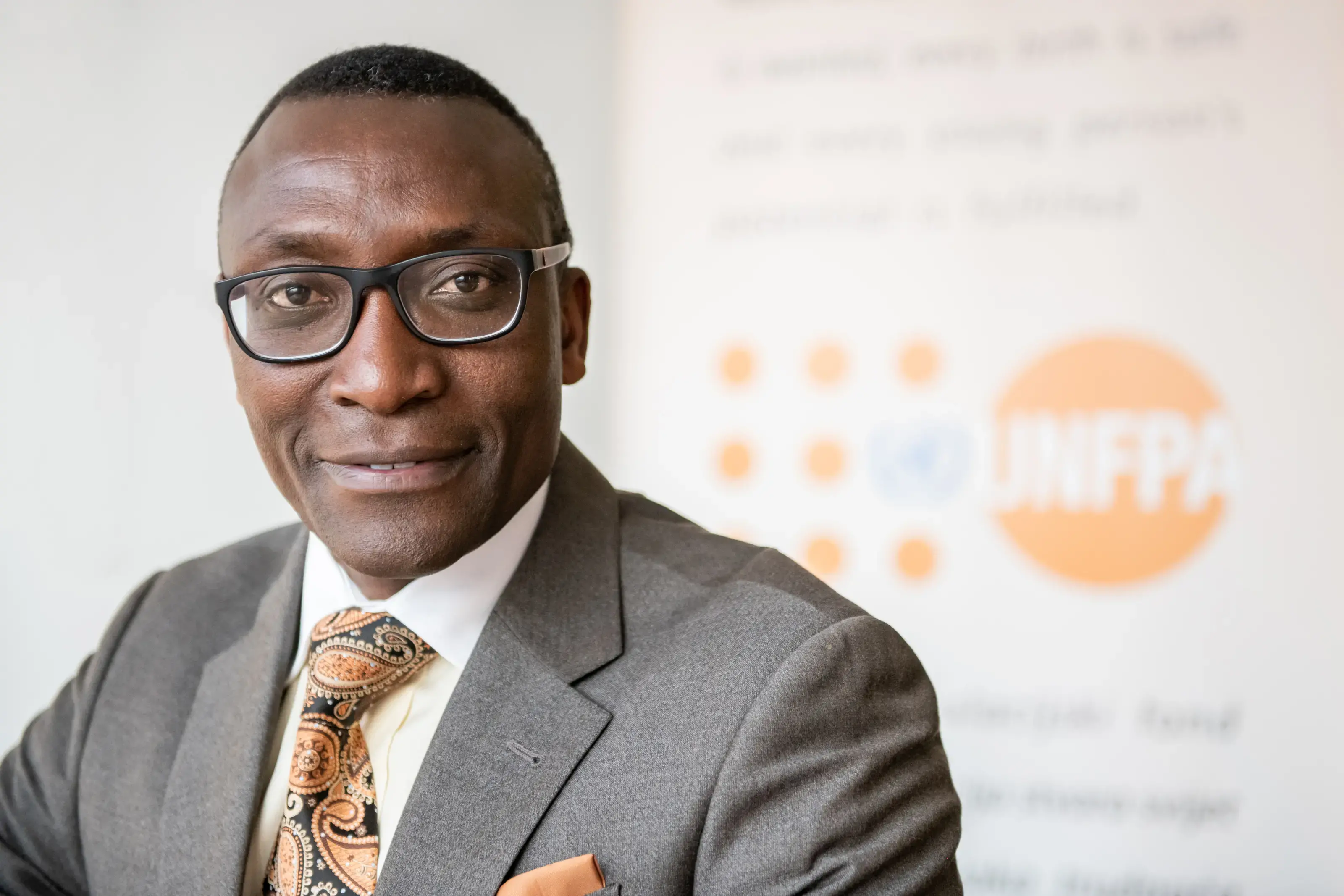Currently about 78 million people are added to global population each year, increasing demand for natural resources and putting increased pressure on our planet. While poverty, inequality and increased stress on resources represent major challenges, the world is more interconnected than ever before, creating enormous possibilities. We now have new and unprecedented capacity to share information and ideas, and engage communities across the globe to solve problems that affect us.
Reducing inequities and improving living standards for people alive today – as well as for generations to follow – will require new ways of thinking and unprecedented global cooperation. The moment to act is now.
These are problems that can, and must, be solved. Together, we can forge the future with young people, advance rights for girls and women, and safeguard the natural resources on which we all depend.
The world’s 1.8 billion young people, between 10 to 24 years old, can contribute new ideas and approaches to solving our most pressing problems. Especially important are the 600 million adolescent girls whose decisions can change our world. If every girl today could stay in school, have the number of children she desires, and live free of gender-based violence and discrimination, we would see an end to child marriage, improved health for children and families, and women taking their rightful place in society.
The international community agrees on the importance of girls’ and women’s rights. In 1994, 179 governments came together in Cairo for the historic International Conference on Population and Development. They agreed that the empowerment of girls and women is an important step towards eradicating poverty and stabilizing population growth. Reproductive health and rights – including the right to freely and responsibly determine the number, spacing and timing of children without coercion, discrimination and violence – are cornerstones of women’s empowerment and sustainable development.
Unfortunately, while the right to sexual and reproductive health has been proclaimed, it is far from being universally respected. There are still an estimated 215 million women in less developed countries who want to avoid or delay pregnancy, but lack access to modern contraception. Every day, 1,000 women die from complications of pregnancy and childbirth. These deaths can be prevented. When women and couples are provided with adequate reproductive health information and services, including family planning, we can ensure that every child is wanted and every birth is safe. And we can reduce poverty.
According to the median projection of the UN Population Division, world population will reach 8 billion by 2025, 9 billion by 2043, and then 10 billion by 2083. But these projections are contingent on access to family planning and the rights of women, men and young people to make their own choices about childbearing.
As the most interconnected population, adolescents and youth are already transforming society, politics and culture. By more actively engaging women and young people, we can build a better future for all generations. As we approach a world population of 7 billion, each one of us is an equal part of this major milestone. Our small individual actions, multiplied across the world, can lead to change that is exponential.
Today on World Population Day, join us to create a more just and sustainable world. Visitwww.7billionactions.org to become part of this global movement. Together we are 7 billion people counting on each other.
Dr. Babatunde Osotimehin is Executive Director of UNFPA, the United Nations Population Fund



